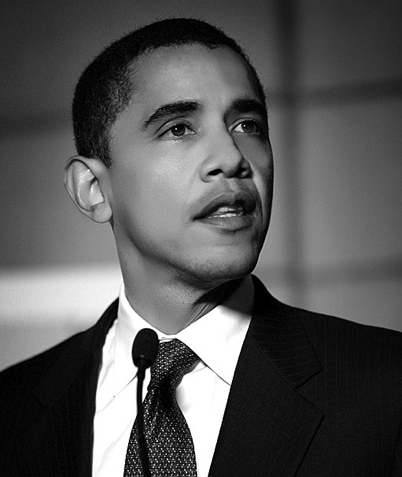
Right now, my uncle is in Iraq fighting terrorism and trying to make peace for other people in a violent world. He also fights bravely for all of us back here in America, and works hard to create a democracy for the people of Iraq.
Yet six years after Operation Iraqi Freedom began, the new Iraq is still a dangerous place to the people and the American soldiers that defend it. 4,000 US troops have been killed in Iraq since the war began. Thousands more have been injured, and over 100,000 American's are currently away from their loved ones as they continue the battle for democracy in the Middle East.
But an important question must be raised. Were their sacrifices in vein? Or at least not for the reasons most of them thought they were going into war? We started this conflict to defend America from terrorism. We were told that Iraq was a threat to our country and our way of life.
But was that true? Is the world safer today because of what happened in Iraq? And more importantly, did the Bush administration take advantage of September 11th to accomplish a political agenda? All of these arguments are raised in Oliphant's cartoon, and I intend to explore them in my project.
There is evidence to support the idea of a war under false pretenses.. Many months before the war began, George Tenet of the CIA insisted there was no connection between al-Qaeda and Iraq. In response, Dick Cheney and Donald Rumsfeld initiated a secret program to re-examine the evidence, this time excluding the CIA and Tenet. This new and controversial information was not analyzed and instead presented directly to the public.
A month later, Tenet once again briefed the Bush administration. He presented information suggesting that Iraq did NOT have weapons of mass destruction. This information was dismissed and never shared with Congress.
Than in September 2002, the Bush administration claimed to have evidence suggesting Iraq was making an effort to create nuclear bombs. This analysis was opposed by the US Department of Energy, who are considered experts in gas centrifuges and nuclear weapons programs.
An effort by the department to correct Colin Powell's forthecoming address to the United Nations on the issue was rebuffed. Powell later admitted he had presented inaccurate data to the UN, and that the intelligence he was relying on was in some cases "deliberately misleading."
We all know what happened next. The United States declared war on Iraq, and here we are today. But the war is not over, and the mistakes that we made must be considered when looking at the future.

Today President Obama is currently faced with a military decision of his own. Do we send even more American troops to neighboring Afghanistan? Do we fully commit ourselves to another war? And if so, what will be gained. And more importantly, what sacrifices must be made?
Perhaps Obama will consider the meaning of Oliphant's cartoon, and remember the potential repercussions of his decision. What arguments can be made? I intend to explore that and more in this project as Obama continues to ponder his decision.